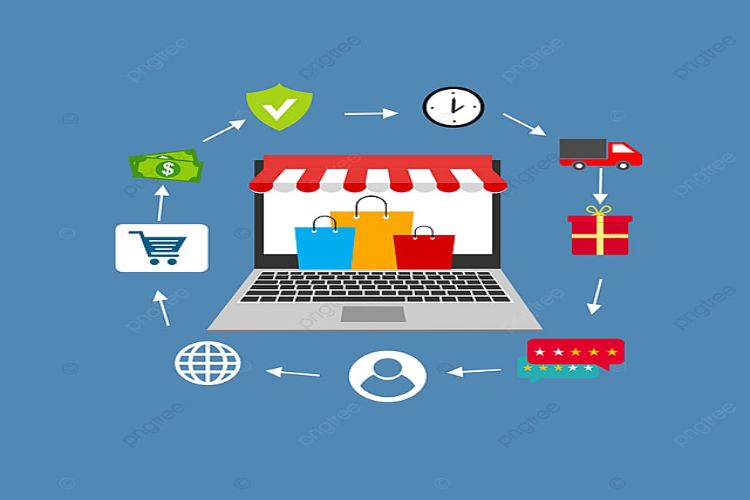Ecommerce Application
Ecommerce Application
Ecommerce Application Services:
Ecommerce application services encompass a wide range of functionalities and features designed to facilitate online retail operations. Here are some key aspects typically included in ecommerce application services:
1. Online Storefront Development : Building and customizing the digital storefront where customers browse and purchase products. This involves creating user-friendly interfaces, ensuring mobile responsiveness, and integrating secure payment gateways.
2. Product Catalog Management : Tools for adding, updating, and organizing products within the ecommerce platform. This may include features for categorization, attributes, variations (like sizes and colors), and inventory management.
3. Shopping Cart Functionality : A critical component that allows customers to select items, review them, and proceed to checkout. The cart should calculate totals, apply discounts, and handle shipping options.
4. Payment Gateway Integration : Securely processing online payments through various methods such as credit/debit cards, digital wallets, and other forms of online payment.
5. Order Management : Managing the lifecycle of orders from placement to fulfillment. This includes order tracking, status updates, and handling returns or cancellations.
6. Customer Management : Tools for managing customer accounts, profiles, preferences, and order histories. It may also include features for customer communication and support.
7. Analytics and Reporting : Tracking and analyzing various metrics such as sales trends, customer behavior, conversion rates, and inventory levels. This data helps in making informed decisions and optimizing the ecommerce business.
8. SEO and Marketing Tools : Implementing SEO best practices to improve visibility in search engines, as well as integrating marketing tools for campaigns, promotions, and customer acquisition.
9. Security and Compliance : Ensuring the platform is secure against cyber threats and adheres to industry standards and regulations (e.g., GDPR, PCI-DSS) for handling sensitive customer information.
10. Scalability and Performance : Building the ecommerce application to handle varying levels of traffic and transactions, ensuring uptime, speed, and responsiveness.
11. Integration Capabilities : Connecting with third-party services and APIs such as ERP systems, CRM software, shipping carriers, and marketing platforms to streamline operations and enhance functionality.
12. Mobile Optimization : Developing responsive designs or native mobile apps to provide a seamless shopping experience on smartphones and tablets.
These services are typically offered by ecommerce platforms, agencies specializing in ecommerce development, or as part of a comprehensive ecommerce software suite. The goal is to create a robust, secure, and user-friendly online shopping experience that drives sales and customer satisfaction.

Ecommerce Application
